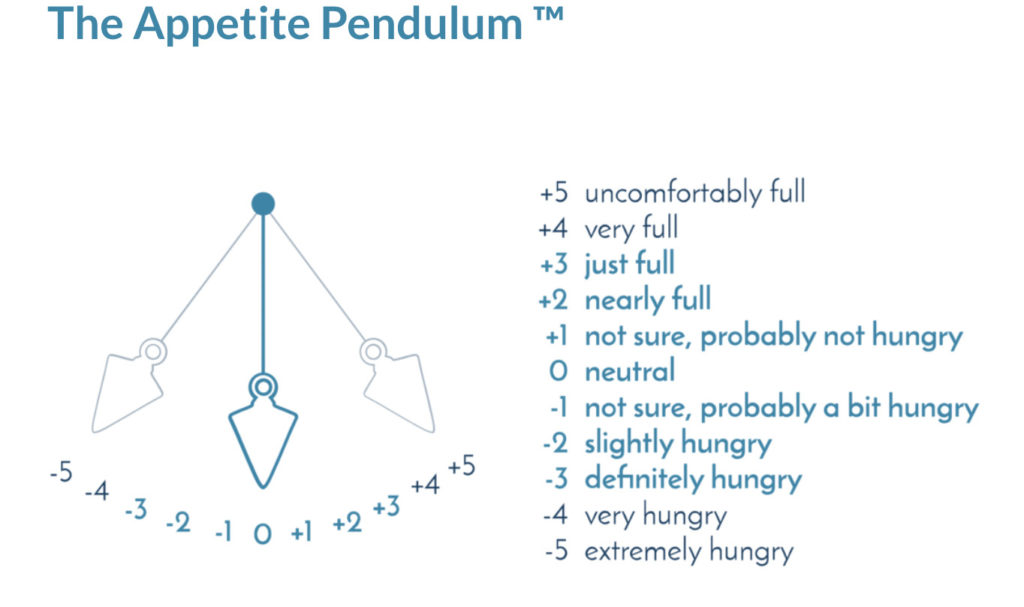With Christmas and New Year right around the corner, it’s easy to get caught up in worrying about the food you’re eating and how it’s going to have a long-term effect on your health goals.
It also doesn’t help that most of the articles out there that claim to have solutions to this issue say things like “avoid eating fatty foods” and “trade your turkey dinner for a salad instead!” While this may be effective for some people, it usually just contributes to unnecessary guilt. Not to even mention the uncomfortable situations you get into when you tell someone you can’t eat their food.
When it comes to dieting around the holidays, though, there’s a major bombshell I need to drop on you. Are you ready?
…Enjoy your food.
There’s no better way to cope with feelings of remorse than to avoid them altogether.
Now, I’m not suggesting you overindulge yourself, so don’t get me wrong. Rather, I am saying that there is no reason you should have to stifle your holiday cravings! Doing so only increases those feelings in the long run, not to mention causes more intense cravings as you stop yourself from enjoying the food you like.
So, let’s all avoid the all-or-nothing holiday food mentality this year. Here’s how you can keep in line with your weight-loss goals while avoiding that dreaded holiday food guilt:
#1: Appreciate the Food You’re Eating
Everyone has a favourite holiday food. For me, it’s mashed potatoes. As I’m sure you’re aware, though, potatoes are heavy in starches and carbs, which can cause a lot of bloating and easy weight gain if you overdo it.
So, don’t overdo it. This Christmas, while you’re enjoying your favourite treats, savour and appreciate every little bite. Knowing that your food cravings are getting satisfied can bring immense satisfaction, which cribs those feelings of guilt.
Doing this is also an excellent way to stop overeating. By enjoying every single bite, your body can more accurately signal to you when you’ve had enough, which helps prevent overindulgence!
#2: Do Periodic Check-ins
I’m sure we’re all guilty of overeating during the holidays just because something is available and in front of us. Regardless of whether that be reaching for cookies absentmindedly while watching the kids play or going back for a second helping even though you’re really already full, it can present a problem if not controlled.
For this, I recommend checking in with your body every few hours and asking whether you are hungry. If you are, eat something! If not, then put down what you’re eating and wait until you’re hungry again.
For the holidays, I actually recommend ranking your hunger on a scale of -5 to +5. You should be eating before you drop down past a -3, and avoid eating if you climb past a 7+3. This will help you keep your body in check.

#3: DO NOT Restrict Food Leading Up to the Holidays
It can be very tempting to save calories in the days leading up to Christmas and New Year so that you don’t feel as bad about eating larger amounts, but this almost always backfires on you.
When you restrict food to save calories, you jumpstart your body’s natural craving for food so that you’re hungry nearly all the time. Then, when your diet is over and you’re finally allowed to eat, you end up going way overboard.
Instead, try eating consistent meals in the days leading up, that way your body is better able to understand what it wants and needs.
#4: Remember that Boundaries are Okay
It’s easy to fall victim to peer pressure and self-pressure during the holidays when it comes to food. After all, people sometimes take it personally if you don’t eat much of what they bring, and that’s a situation you’d rather avoid.
Instead of avoiding it by going ahead and eating more than what you need, though, it’s better to assert your boundaries and clearly communicate that you’re trying to celebrate while keeping in line with your nutritional goals.
However, if you are someone who is really bad at (or just very uncomfortable) communicating your boundaries, or aren’t telling people about your diet/nutrition goals, another great way to avoid pressure is to redirect conversations when people ask about your eating. With Christmas in particular, asking about gifts and talking about what you got someone is a great way to switch over to a new topic!
#5: Remember that Christmas isn’t Just Food
While food around the holidays is particularly enjoyable, that isn’t all they’re about. It will always help with eating habits if you focus on other facets of your Christmas celebration that don’t have to do with the meal.
For example, you can take extra time to catch up with someone you haven’t seen for a while, or handmake some DIY Christmas crafts! If neither of those is really your thing, you can curl up on the couch with a cheesy Christmas flick, make some gourmet hot chocolate, or read a nice novel while snuggled under that special plush blanket of yours.
No matter what interests you have, there’s always more to Christmas than just the food, so don’t let that one thing dampen your holiday cheer.
Conclusion:
All in all, holidays are such as small part of the year that what you eat won’t really matter even a few weeks down the line. So, don’t let it define how you act for the rest of the year!
Even if you do end up slipping and overindulging past the point of comfort, that doesn’t mean you have to give up on your goals! It happens to the best of us, and the best thing you can do in that situation is to get back into your meal habits as soon as possible.
No matter what happens, though, remember this: the food you eat does not define your worth.



 Creamy Porridge with Eggs
Creamy Porridge with Eggs
Leave a Reply